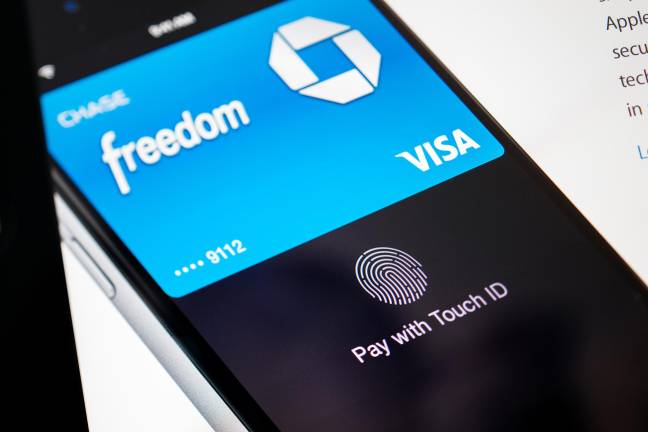Cashless Culture: How Pike Businesses Are Responding to Online Payment Trends

Pike County has hundreds of businesses, especially within the manufacturing industry, but also includes restaurants, bars, and other businesses within the retail and hospitality sectors.
Keeping up with payment trends is important because if a business is unable to accept a customer’s preferred payment type, they are likely to lose that customer, potentially even to a competitor. But it isn’t just the necessity that drives businesses to accept cashless payments. They can offer benefits to the businesses.
Instant deposits are beneficial to online retailers, gaming companies, and especially online casinos, which offer traditional casino gaming in an online environment (source: https://www.tg.casino/). Digital wallets and cryptocurrency payments, in these cases, not only offer fast payments but they can have considerably lower fees than those associated with credit cards.
And cryptocurrency payments can also help reduce instances of payment fraud while improving security, privacy, and anonymity. In the case of online casinos, cryptocurrency payments and blockchain records
Two-thirds of Americans still use cash, but the number of cashless transactions completed continues to grow, and it likely won’t be long before cashless payments take over. While cash transactions still outweigh cashless, there are a lot of consumers who no longer carry cash.
Failing to accept cashless payments can lead to a major loss of money for all types of businesses. Cashless payments still include traditional credit and bank card payments, as well as bank transfers, but this category of payments has expanded further to include digital wallets, mobile payments, and even cryptocurrencies.
Digital wallets are often seen as an online payment method. Wallets like PayPal enable buyers to make secure transactions without having to hand out their credit card or bank details. They do require the payer to fund their account, or link another form of payment, and the recipient needs to be able to accept these payments.
Typically, this means having accounts with PayPal and other digital wallets, but some retail payment processors can accept these payments on the business’s behalf before converting and sending them to the payee.
Another increasingly common form of digital payment is to buy now, pay later. This payment method has existed in retail stores for decades. Buyers complete forms, and the retailer submits details to credit companies that meet the full payment value.
The buyer then makes regular payments to pay off the value of the purchase, typically over a period of months or even years. The modern equivalent to this type of payment is much quicker. Buyer details and budgets can be checked instantly online, so the buyer receives a rapid decision and can walk away with the items they purchase on the same day. BNPL schemes can be accepted at physical locations, as well as online stores.
App ordering became popular in bars and restaurants during the pandemic. This payment method sees users scan a QR code or install the company’s app on their phone. The user can then order their chosen food and drinks via the app, and the company delivers them directly to the table.
Payment is also taken through the app, potentially using mobile payment methods like Google Wallet and Apple Wallet. This system was used to prevent close contact between customers, but it has proven popular with shoppers and buyers who don’t want to have to stand in line, while businesses find it useful because it enables them to concentrate on ordering and serving. Such systems may become more popular in retail and other businesses, too.
Those mobile payment methods are another form of cashless payment. They are similar to digital wallets, but they use a phone’s biometric verification and enable instant payment from the user to the receiver. Even the smallest businesses can accept these and card payments by using card-reading devices that connect to their own mobile phones and use payment gateways.
Payment gateways are considered essential in cryptocurrency payments because so few businesses have their own cryptocurrency wallets or accounts. Cryptocurrency is an emerging trend: one that is disrupting the financial and other industries. It offers instant payments that cost a fraction of credit card payments, which is beneficial to businesses that are normally hit with rates of up to 3% or more on some traditional payments.
But they typically necessitate that the sender and the recipient have crypto wallets. Payment gateways can be used by retailers that accept crypto payments in the sender’s preferred currency. The crypto is immediately converted to fiat currency and then transferred to the business’s account. Another problem businesses face when accepting crypto is that of price volatility, but stablecoins can eliminate the risk of currencies losing value over a business day.